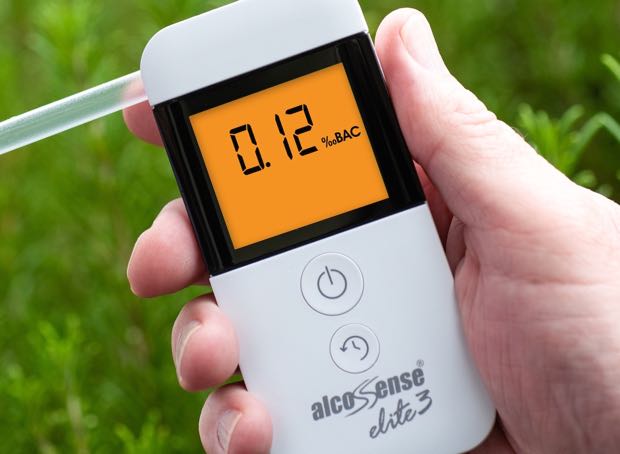The government’s long-awaited proposal to lower the drink-drive limit in England and Wales is a welcome and overdue move, according to Hunter Abbott, Managing Director of AlcoSense Laboratories and member of the Parliamentary Advisory Council for Transport Safety.
Labour plans to reduce the legal limit from 80mg of alcohol per 100ml of blood (0.80‰ BAC) to 50mg (0.50‰ BAC), bringing England and Wales into line with Scotland and much of Europe and Abbott says campaigners have warned for years that the English and Welsh limit is dangerously out of step with modern science and international best practice.
“At 80mg, a driver is around 13 times more likely to be involved in a fatal crash than someone sober. These are the ‘legal but lethal’ drivers we share our roads with,” he explained.
As the European Commission prepares to hold a series of high-level meetings on the future of the automotive industry, Europe’s truck and bus makers reaffirm their commitment to the green transition.
They caution that insufficient enabling conditions put the sector at risk for circumstances beyond its control as essential conditions, from adequate grid connections to key legislation, like the Weights & Dimensions Directive, are not in place and critical instruments such as competitive charging prices, dedicated incentives, CO2-based road user chargers and other crucial elements continue to face delays.
Volvo Cars has started production of its new, fully electric Volvo ES90 for European markets, marking a significant milestone in Volvo Cars’ journey towards a fully electric future.
Designed for a life in balance, the ES90 offers safety, technology and versatility in the sleek shape of a modern, electric sedan. It is the first Volvo car to feature 800-volt technology, enabling longer range and faster charging than any electric Volvo before.
